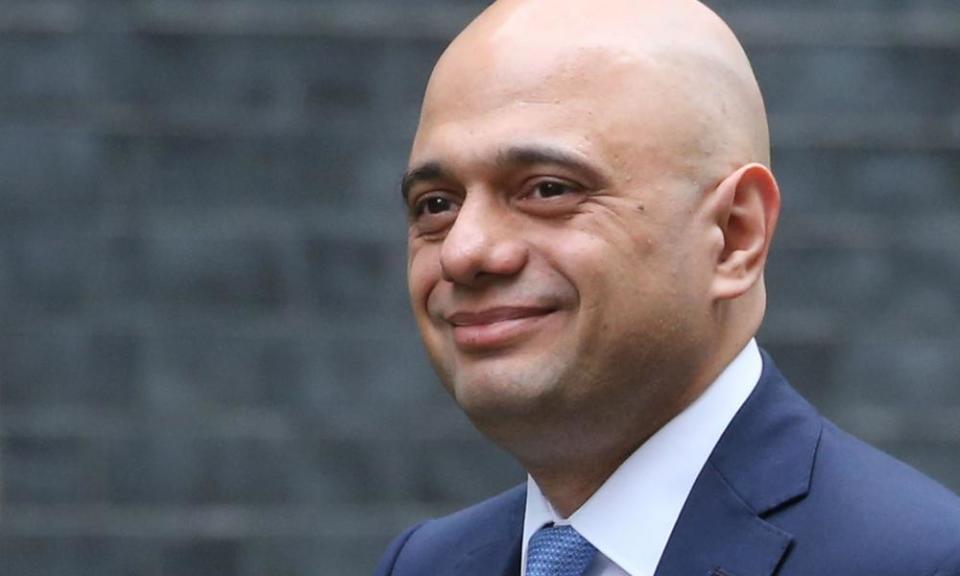Shamima Begum ruling sets dangerous precedent, say legal experts

In ruling that Shamima Begum should not be allowed to return to the UK, the supreme court justices say a home secretary’s assessment should be “respected”.
The home secretary, they say, is privy to intelligence materials from the security services, which in the case of Begum would have informed their decision to strip her of her British citizenship, a privilege that bolsters their authority.
The former home secretary who took the original decision, Sajid Javid, and his successor, Priti Patel, have seized on this, celebrating the ruling as confirmation of the home secretary’s authority in making decisions related to national security.
But the justices add that the home secretary’s decision should also be respected because they are ultimately “democratically accountable” – and if the electorate disagree with them, they can be re-elected or removed.
In presenting their ruling, the justices cite the views of a former lord justice of appeal, Lord Hoffmann: “It is not only that the executive has access to special information and expertise in these matters.
“It is also that such decisions, with serious potential results for the community, require a legitimacy which can be conferred only by entrusting them to persons responsible to the community through the democratic process. If the people are to accept the consequences of such decisions, they must be made by persons whom the people have elected and whom they can remove.”
In other words, the electorate can decide if they thought the home secretary got it right – and reflect that in the way they vote.
In depriving Begum of her citizenship, Javid as home secretary was accused of being “populist”, exploiting for political gain the deep anger and disgust many held against Begum for her support of the violent terrorist group Islamic State, and ignoring fundamental human rights protections, specifically the right to a fair trial.
The rage against Begum is palpable. A YouGov survey in November found 70% of the public did not want her to return. Social media is awash with vitriol directed at her. The Conservative government, Javid and his successor, Patel, are unlikely to suffer at the ballot box based on their decision to keep Begum out of the UK. So, politically, it was not a bad call.
But in matters of law and the fundamental human rights designed to protect all of us, legal experts say the ruling sets a dangerous precedent.
Rosie Brighouse, a lawyer with Liberty, said: “The right to a fair trial is not something democratic governments should take away on a whim, and nor is someone’s British citizenship.
“If a government is allowed to wield extreme powers like banishment without the basic safeguards of a fair trial it sets an extremely dangerous precedent.
“The security services have safely managed the returns of hundreds of people from Syria but the government has chosen to target Shamima Begum.”
Devyani Prabhat, a professor of law at the University of Bristol, said the supreme court’s judgment was “a classic instance of deference to the powers of the home secretary in matters of national security”.
Prabhat added: “From a human rights perspective, this is a very disappointing decision as it seems to offer complete and whole discretion to the home secretary and has an unsatisfying view on fair trial rights and how people can be kept ‘in limbo’.”
The supreme court justices argue that the right to a fair hearing does not trump all other considerations, such as the safety of the public.
But this only stands if the decision was based solely on national security concerns, and not politics.
So if, as the justices suggest, it is ultimately for the electorate to judge these decisions, then voters might ask: do they trust the home secretary to impartially balance human rights considerations with national security concerns and not let politics interfere?

 Yahoo Finance
Yahoo Finance 